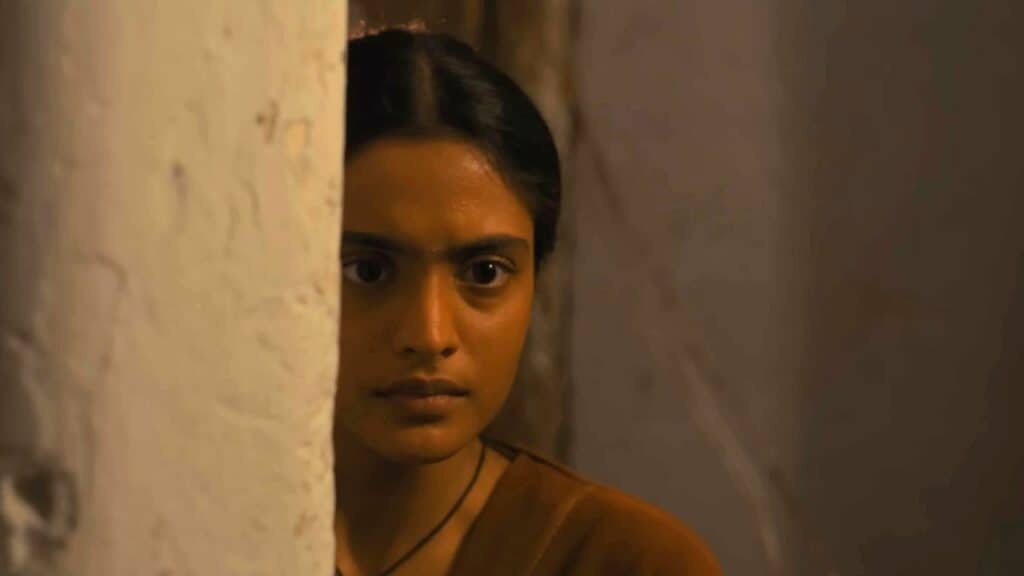Bhakshak follows a struggling journalist who uncovers a disturbing case of young girls being abused at a shelter home.
In Bhakshak, Vaishali Singh, a struggling journalist, receives a social audit report that mentions the abuse of young girls at a shelter home in Munawwarpur.
Two months have passed since the report arrived, but no one has taken action against the shelter home.
Upon investigating by herself, Vaishali Singh finds out about Bansi Sahu, the man who runs the shelter home, and how influential and well-connected he is, which is why no one seems to have touched his shelter home.
Hearing the story of a girl who has witnessed what goes on at the shelter home makes Vaishali more adamant about exposing Bansi Sahu, even when her family is under threat.
Vaishali states that if they can’t use their tongue to speak out, they are no different than animals.
The true story behind Bhakshak
Bhakshak draws heavy inspiration from the Muzaffarpur women’s shelter home case from 2018.
The Muzaffarpur women’s shelter home caught attention when a report by the Tata Institute of Social Sciences was submitted to the Bihar Social Welfare Department.
The report flagged 17 shelters as “grave concerns,” including the one in Muzaffarpur.
The report, called the Koshish Project, mentioned allegations of sexual abuse of young girls at the shelter home.

The shelter home was being run by an NGO called Seva Sankalp Evam Vikas Samiti. The film has Jan Seva Dal’s name attached to the shelter home.
The director of the shelter home, Brajesh Thakur, a well-connected local politician, the staff of the shelter home, and many welfare officers were convicted.
The main accused, Brajesh Thakur, along with 18 others, was sentenced to life imprisonment in January 2020.
The case highlighted the need for better regulation and monitoring of shelter homes and NGOs.

